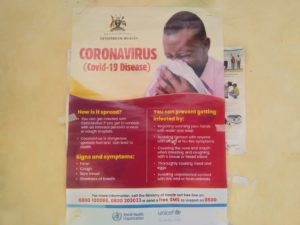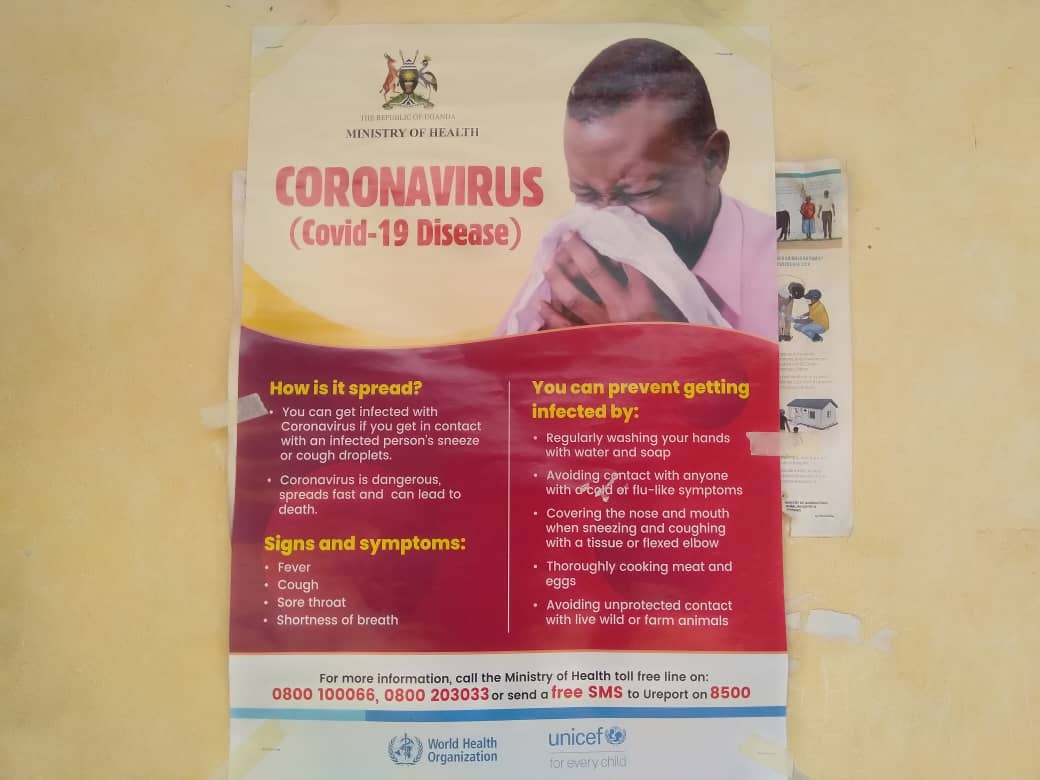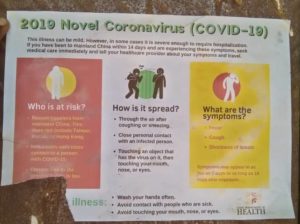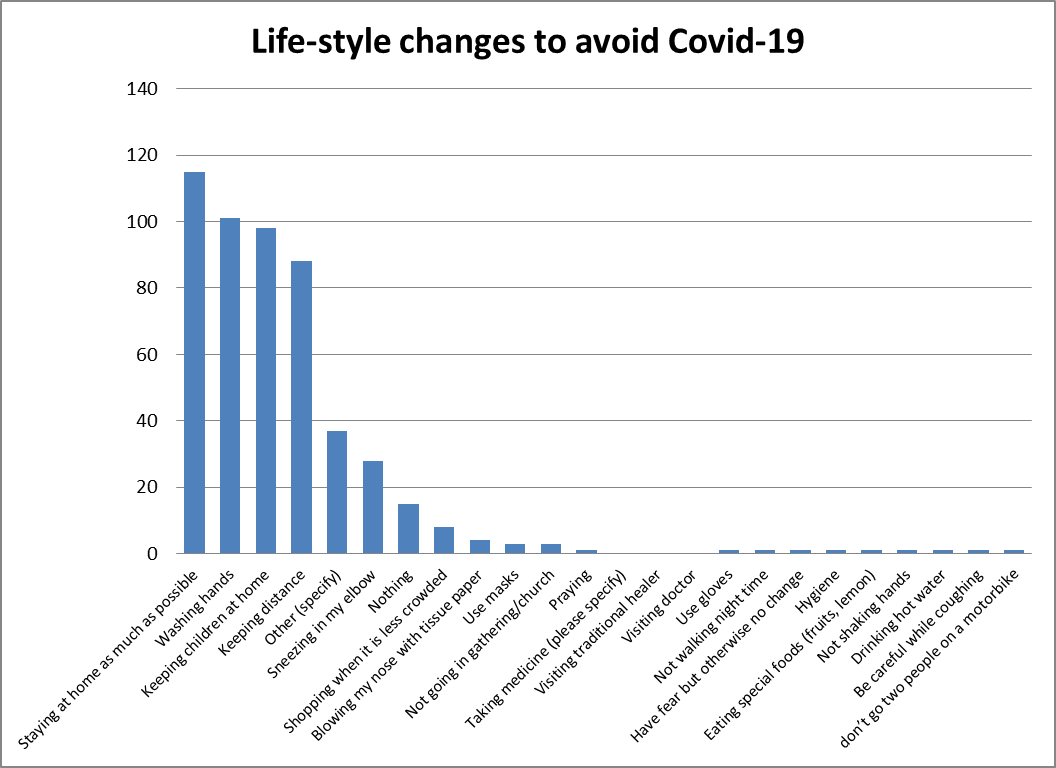There are more than four million refugees in the Horn of Africa. Uganda is one of the largest hosts with around 1.4 million refugees against its own population of around 30 million.
These refugees are living close together, already have weaker health and many lack the support networks they would have had at home. This group may be hard hit by the lock-down that was announced to continue another three weeks, started 1st April, and will now be in place until early May.
On behalf of Opportunity International, L-IFT has been interviewing 222 refugees in two large refugee settlements. The researchers, who are themselves refugees conducted this financial diaries study with biweekly interviews since August. With the lockdown the interviews continue but take place by phone.
In the week before the lock-down started (24th March) we added some corona virus-related questions to the standard interview.

The first question we asked was “What have you personally changed in your lifestyle due to Coronavirus?”
People were taking many preventative actions, and were mostly following the recommendations by WHO.
Practically everybody was staying at home as much as possible (76%), were washing hands (66%), keeping children at home (64%), and keeping a distance (58%). These measures exactly match what the local awareness raising campaigns are promoting and what WHO recommends. Only a minority had not changed their behaviour (10%)[1].
Now the questions of course also wanted to find out whether people were starting to use more traditional and usually unproven methods. On Social Media a number of remedies circulate, like gargling, drinking very hot water, and using alcohol.
From the answers to this question on very few were following such practices. Only one person had started eating fruits and particularly lemons. Someone else was drinking hot water. Interestingly enough, there was also just one person reporting to ‘pray’ more as a preventative measure.
We can also see that none of the respondents appear to have any COVID-19 symptoms, or at least, are not visiting any doctor, traditional healer, or taking any specific medicine (apart from lemon which is made out to help prevent COVID-19 on Social Media).
From this question, we can conclude that the refugees in Nakivale and Kiryandongo have a good understanding of what will help them avoid catching COVID-19 and that they are also applying this knowledge out of their own initiative. We hope this will help in case the virus arrives in the settlements.
[1] We started asking this question one week before the lock-down started, so the actual percentage of people who have changed nothing may be lower after the lock-down started.
This blog is written using data from the RISE project, funded by Opportunity International, with consulting services from PHB.
PHB collaborates with international development agencies, banks, regulators, and other impact makers around the world to assess, implement and scale digital interventions. We leverage the expertise of our team to support the design of digital finance ecosystems that can strengthen the resilience of communities in need. To learn more about PHB activities, publications and training, visit www.phbdevelopment.com




